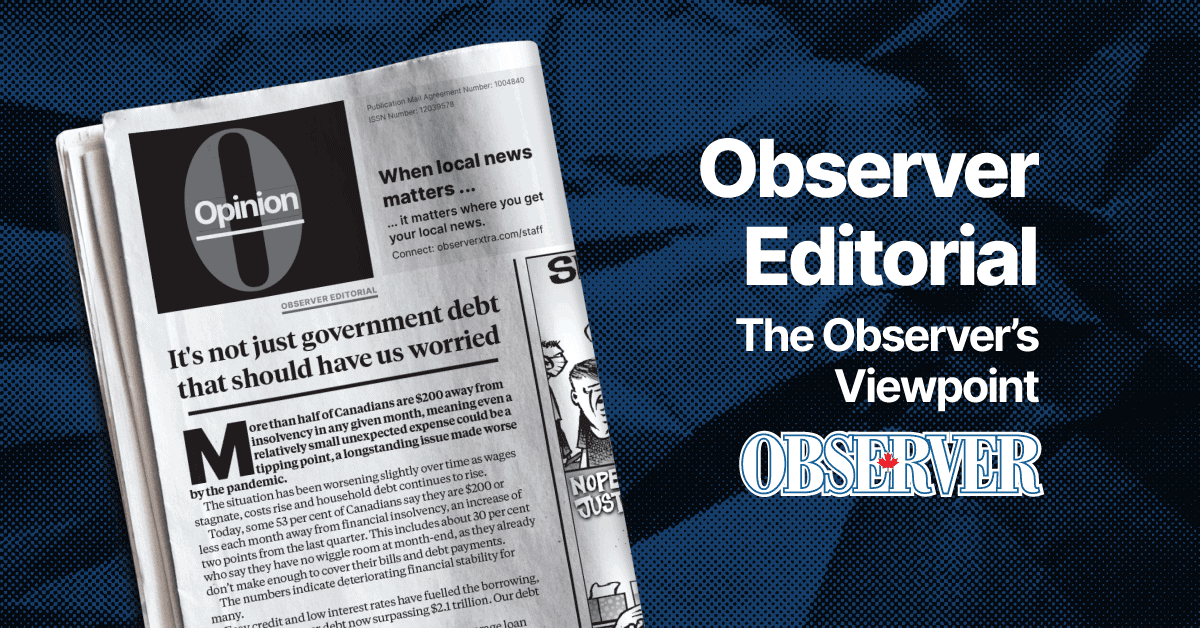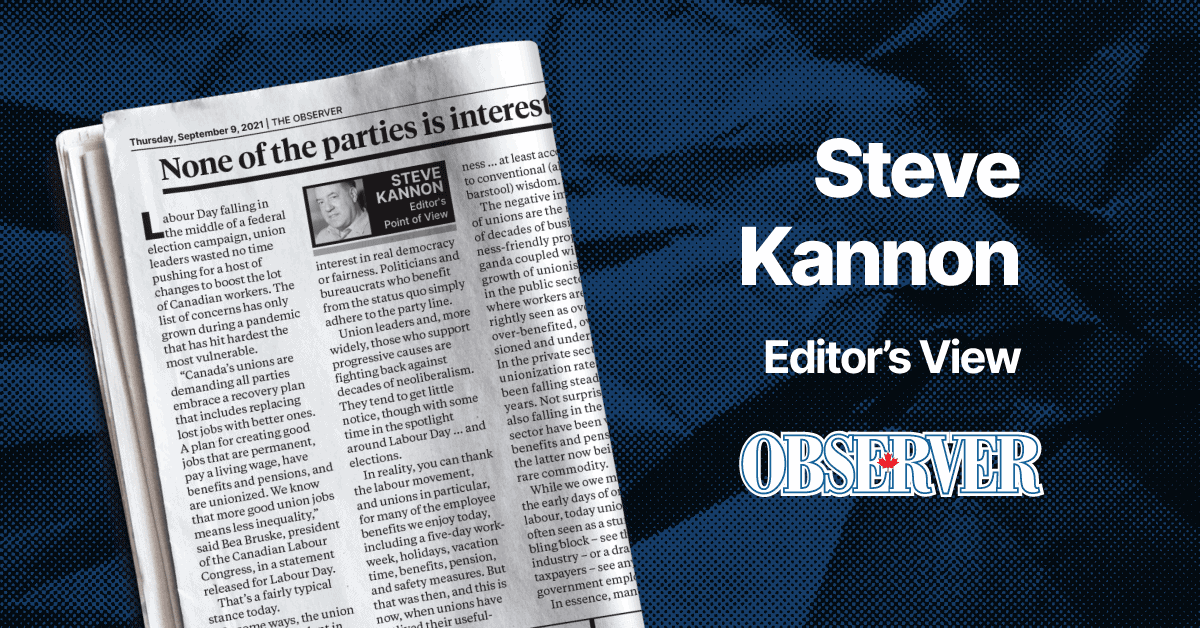;
;
;

The reversal by the US Supreme Court of abortion rights seemingly bolstered like-minded militants in this country. In the US, there’s a fear an activist court – stacked with dubious candidates by the dubious former president – will take aim at other freedoms. Any such move is likely to spill over he
Last updated on May 03, 23
Posted on Aug 11, 22
4 min read
